Click here for an accessible version to explore themes.
Start Exploring
Click on a circle to explore themes.
Migration
A movement of people, either voluntary or involuntary, from one locality to another.
Citizenship
The condition or status of being a citizen with rights, privileges, and duties.
Loyalty
A strong feeling of support, allegiance, and devotion, leading to a sense of duty.
Dissent
Disagreement with or rejection of the opinions, actions, and goals of an established authority, sometimes leading to protest and even resistance by individuals or groups.
Identity
The unique characteristics by which a person or group is recognized, shaped by how an individual sees himself/herself and is perceived by others.
Community & Culture
The beliefs, values, customs, social practices, arts, and other shared aspects of a particular society, group, place, or time.
Justice & Democracy
Fairness in protection of rights and punishment of wrongs, and belief in the idea that all people are politically and socially equal.
Click here to view an accessible version to explore themes
![Dorothea Lange, [“Manzanar, California, Dust storm at this War Relocation Authority center where evacuees of Japanese ancestry are spending the duration” (July 3, 1942)]](https://eacc.janm.org/wp-content/uploads/2017/08/CreditsThumb-homeabout.jpg)

Start Exploring
Scroll down to explore America’s Concentration Camps, organized around nine themes. You are encouraged to learn about them in the order in which they are presented below.
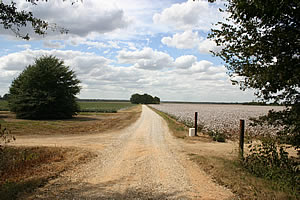

Migration
A movement of people, either voluntary or involuntary, from one locality to another.
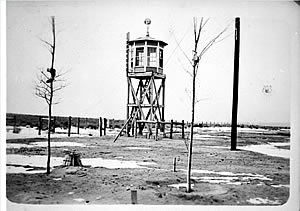

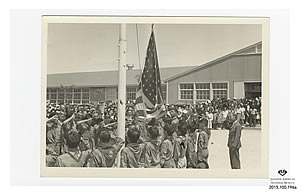

Citizenship
The condition or status of being a citizen with rights, privileges, and duties.
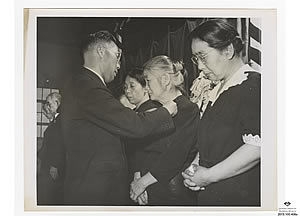

Loyalty
A strong feeling of support, allegiance, and devotion, leading to a sense of duty.
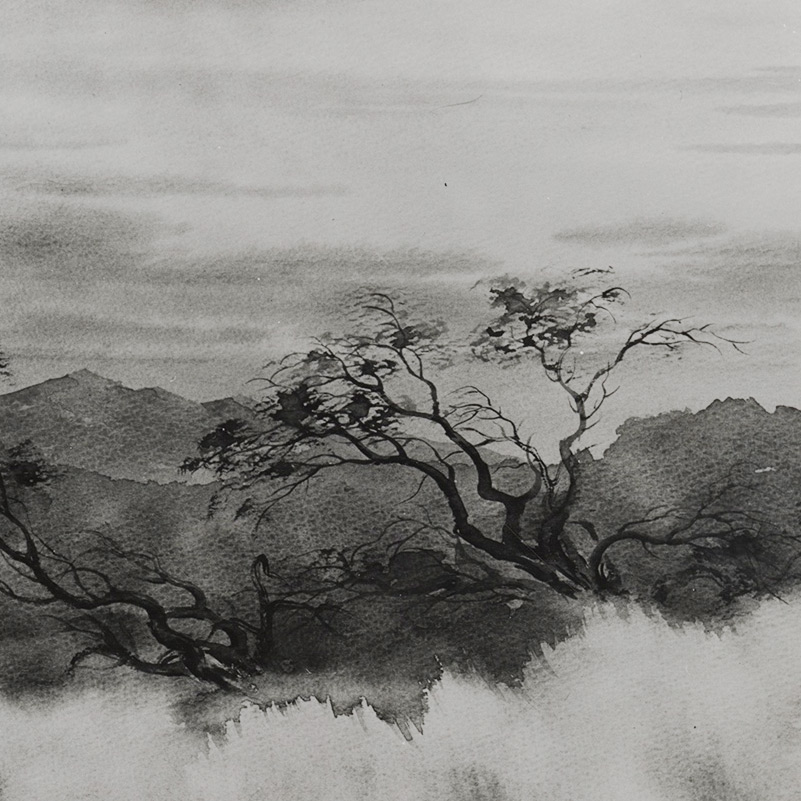

Dissent
Disagreement with or rejection of the opinions, actions, and goals of an established authority, sometimes leading to protest and even resistance by individuals or groups.
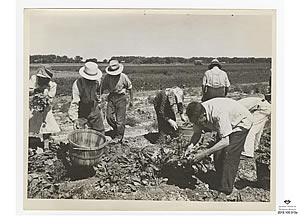

Identity
The unique characteristics by which a person or group is recognized, shaped by how an individual sees himself/herself and is perceived by others.
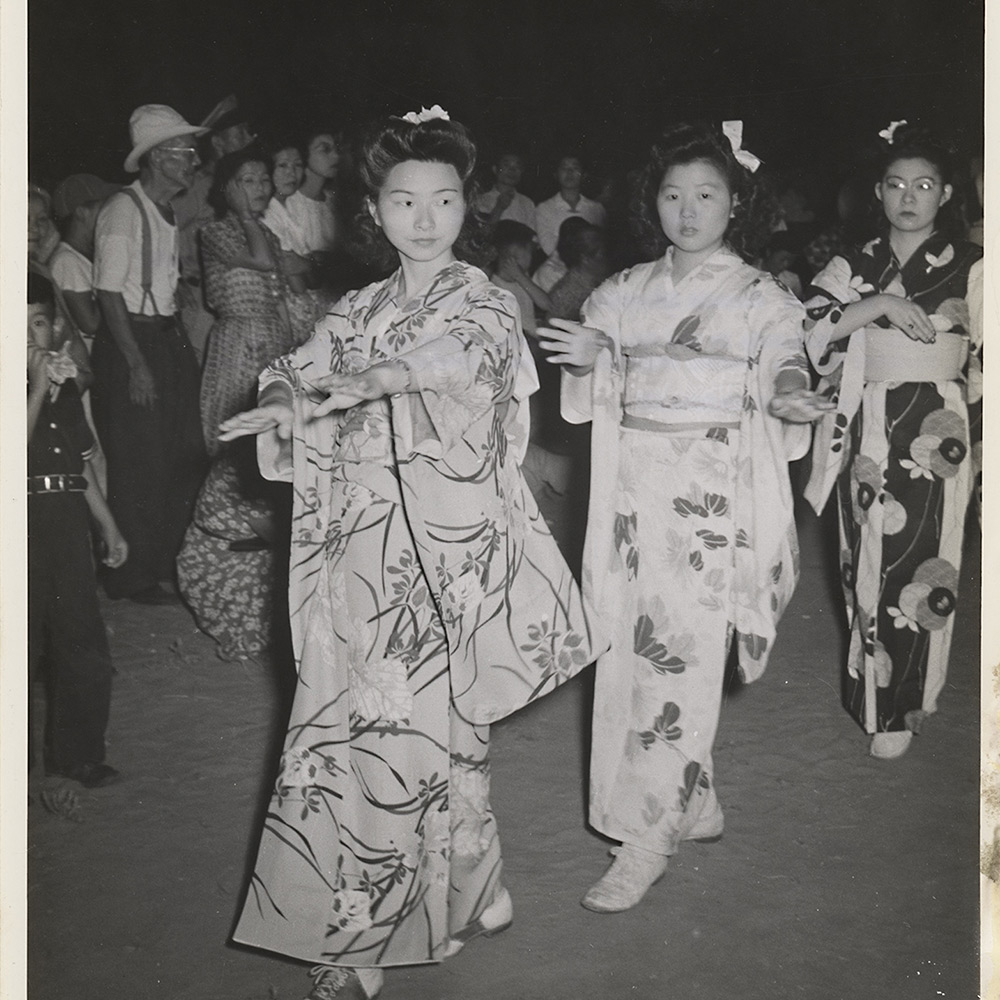

Community & Culture
The beliefs, values, customs, social practices, arts, and other shared aspects of a particular society, group, place, or time.
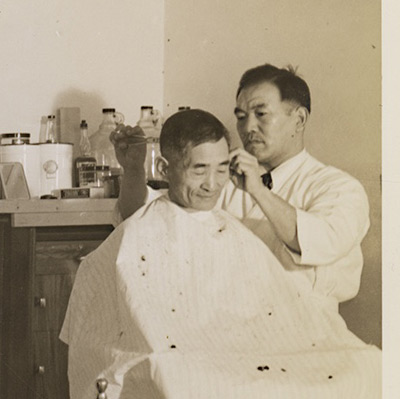

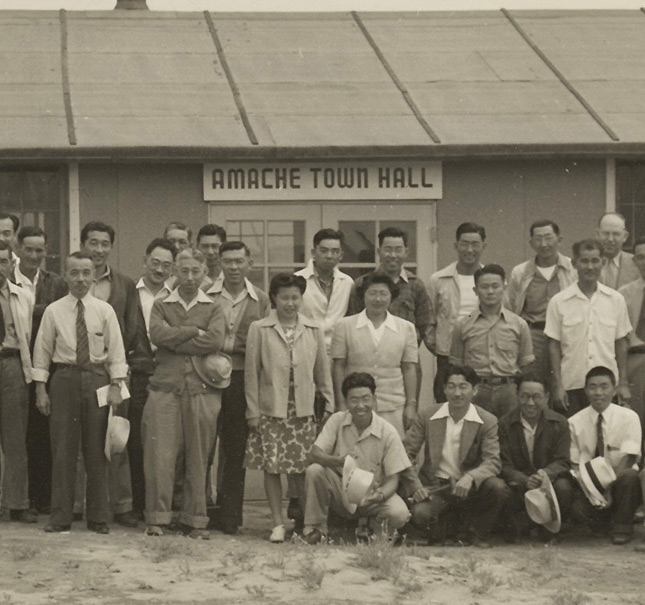

Justice & Democracy
Fairness in protection of rights and punishment of wrongs, and belief in the idea that all people are politically and socially equal.
Exploring America’s Concentration Camps is organized around nine themes and you are encouraged to learn about them in the order in which they are presented. Each thematic section features artifacts from the permanent collection of the Japanese American National Museum (JANM). These artifacts are accompanied by questions and information intended to lead you to new insights and understanding about the incarceration of 120,000 individuals of Japanese ancestry in the United States during World War II. Equally important, we hope to help you make connections between this tragic chapter in American history and the dialogue and events taking place today.
Following Japan’s attack on the Pearl Harbor naval base in the American territory of Hawai‘i on December 7, 1941, the US government removed more than 120,000 people of Japanese ancestry from their homes and communities on the West Coast and beyond, confining them in American-style concentration camps. Read more >
